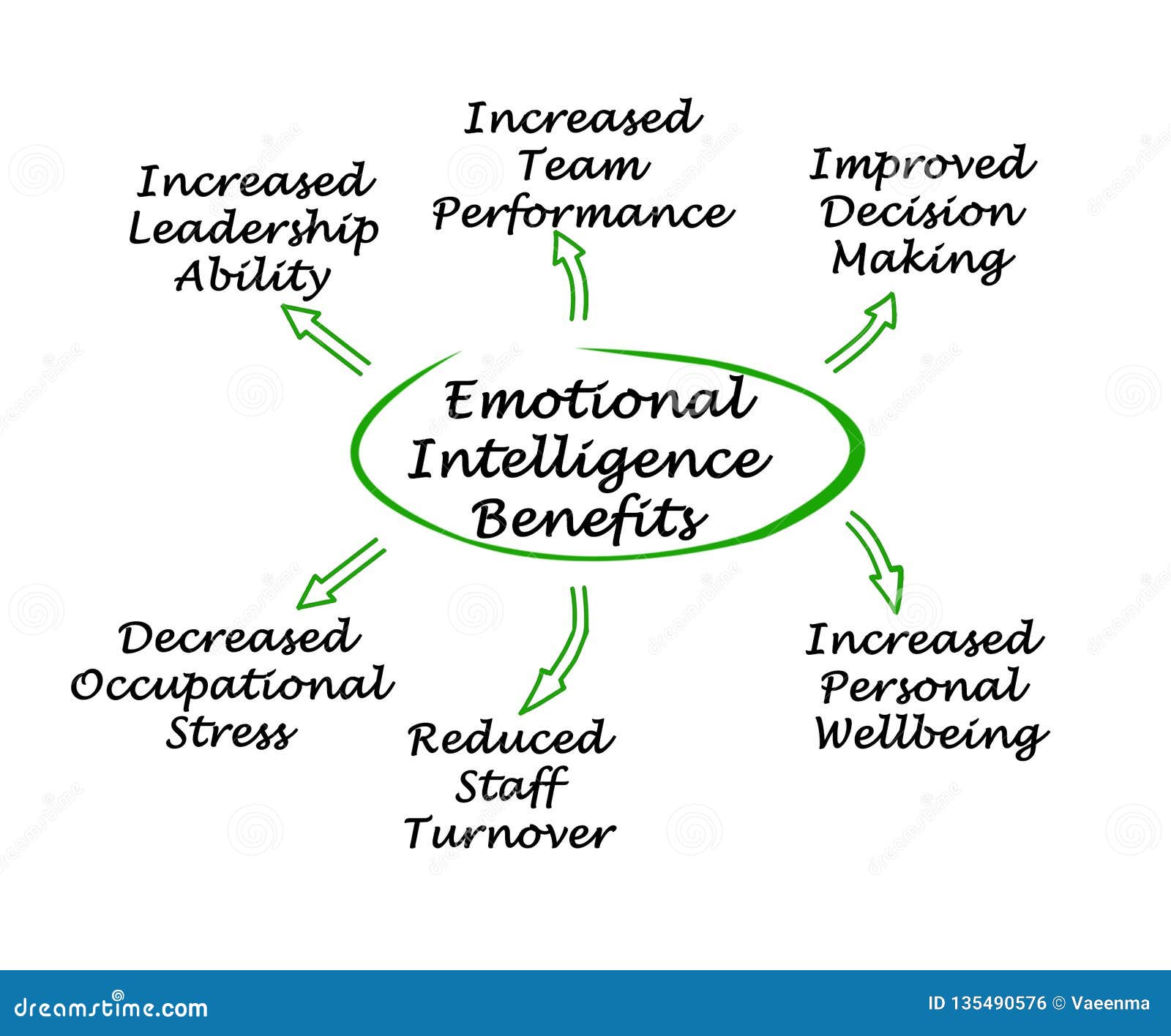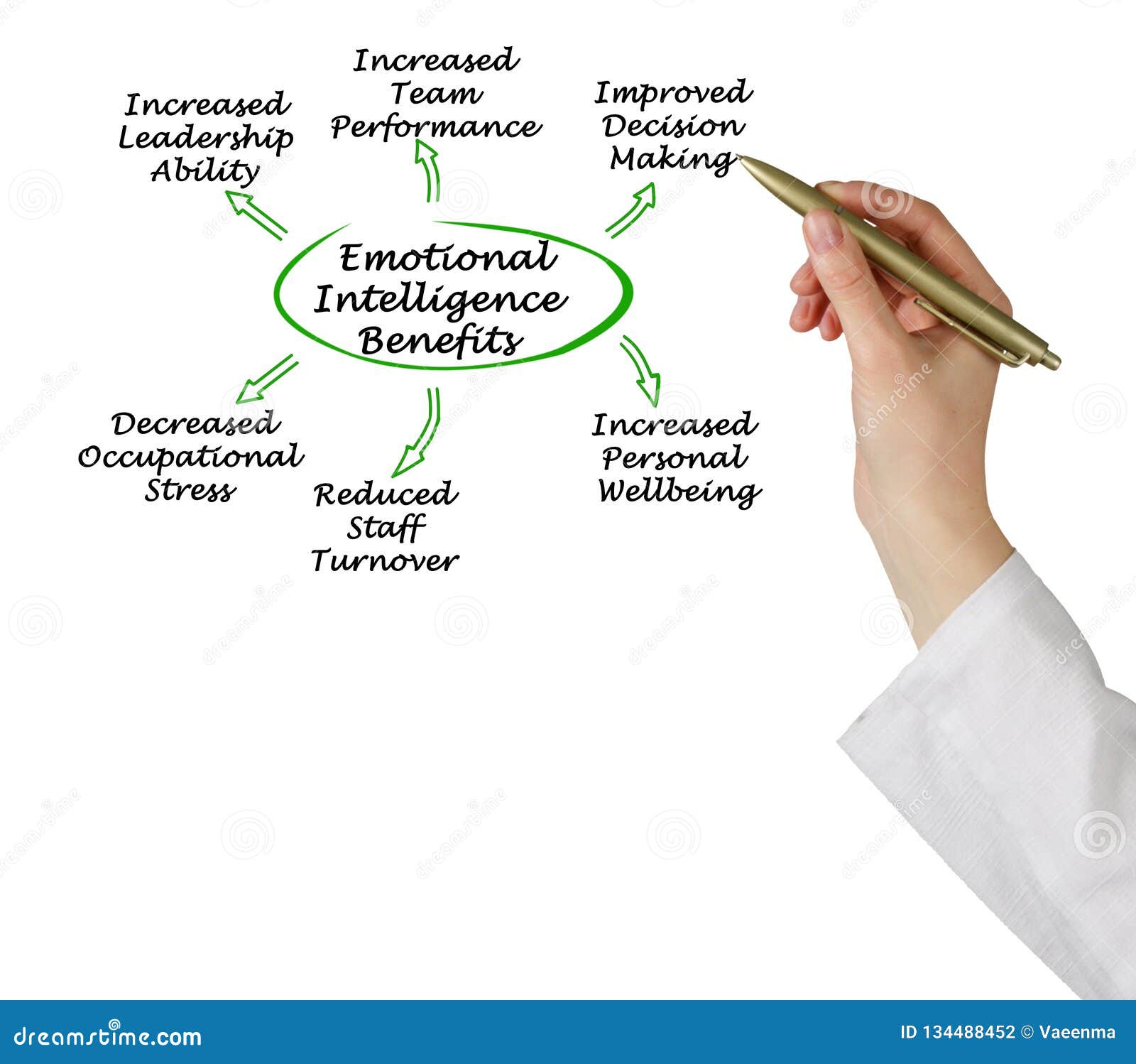Unlocking The Benefits Of Emotional Intelligence: A Comprehensive Guide

In today's fast-paced world, emotional intelligence (EI) is more important than ever. It plays a crucial role in shaping our relationships, communication, and overall well-being. Understanding and developing emotional intelligence can lead to significant improvements in both personal and professional settings. This guide will explore the key benefits of emotional intelligence and provide actionable steps for enhancing it in your life.

Introduction to Emotional Intelligence
What is Emotional Intelligence?
Emotional intelligence refers to the ability to recognize, understand, and manage our emotions and the emotions of others. According to psychologist Daniel Goleman, who popularized the concept in the 1990s, emotional intelligence encompasses five key components: self-awareness, self-regulation, motivation, empathy, and social skills. These elements are essential for navigating interpersonal relationships and achieving success in various aspects of life.
Benefits of Emotional Intelligence
Improved Relationships
One of the primary emotional intelligence benefits is the enhancement of interpersonal relationships. When individuals can accurately perceive and understand emotions, they can respond more effectively to others. For instance, in a workplace setting, a manager with high emotional intelligence can sense when a team member is feeling overwhelmed and offer support, leading to a more cohesive team environment.

Real-world examples, such as the strong bonds formed within high-performing teams, illustrate the importance of emotional intelligence in fostering collaboration and trust. These relationships ultimately lead to increased job satisfaction and productivity.
Enhanced Communication Skills
Emotional intelligence significantly impacts communication. Those with high EI are better at expressing their thoughts and feelings clearly and tactfully. They can pick up on non-verbal cues, making them adept at interpreting the emotions of others.
For example, consider a leader who actively listens to team members during meetings. This leader can address concerns more effectively and create an open dialogue, enhancing overall communication within the team. As a result, misunderstandings are minimized, and collaboration thrives.
Better Stress Management
Another vital benefit of emotional intelligence is its role in stress management. Individuals with high EI can recognize their emotional triggers and respond to stressful situations with composure. They practice self-regulation, which allows them to maintain focus and make rational decisions under pressure.

For instance, a customer service representative dealing with an angry customer can remain calm and composed, de-escalating the situation while finding a resolution. This ability not only enhances their performance but also contributes to a more positive work environment.
Increased Empathy
Empathy is a cornerstone of emotional intelligence. It allows individuals to connect with others on a deeper level, fostering understanding and compassion. Those who develop their empathy can build stronger relationships, both personally and professionally.
For example, a teacher who understands the emotional struggles of their students can provide tailored support, ultimately leading to improved academic performance and emotional well-being. This empathetic approach cultivates a supportive atmosphere where individuals feel valued and understood.

Key Components of Emotional Intelligence
Definition and Importance
The core components of emotional intelligence include:
- Self-awareness: Recognizing one's emotions and their impact on thoughts and behavior.
- Self-regulation: Managing emotions in a healthy way, especially during challenging situations.
- Motivation: Harnessing emotions to pursue goals with energy and persistence.
- Empathy: Understanding and sharing the feelings of others.
- Social skills: Building and maintaining healthy relationships through effective communication and conflict resolution.
Understanding these components is essential for anyone looking to improve their emotional intelligence.
Examples of EQ in Action
Consider the case of a project manager who excels in self-regulation. When faced with tight deadlines, they remain calm and focused, inspiring their team to stay on track. Similarly, a sales executive who demonstrates empathy can build rapport with clients, leading to long-term partnerships. These examples showcase the practical application of emotional intelligence in various contexts.
Developing Emotional Intelligence
Practical Steps to Improve EQ
Improving emotional intelligence is achievable with intentional practice. Here are some actionable strategies:
- Reflect on your emotions: Spend a few minutes each day identifying your feelings and their triggers.
- Practice active listening: When conversing, focus on understanding the other person rather than just waiting for your turn to speak.
- Seek feedback: Ask trusted friends or colleagues for their perspective on your emotional responses.
Strategies for Self-Regulation
To enhance self-regulation, consider techniques such as:
- Mindfulness meditation: This practice helps cultivate awareness and emotional control.
- Deep breathing exercises: Use these techniques to calm your mind in stressful situations, allowing for better decision-making.
Empathy Exercises
Developing empathy can be achieved through various exercises, such as:
- Volunteering: Engaging with diverse communities can broaden your perspective and enhance your understanding of others' experiences.
- Journaling: Write about others' emotions and perspectives to foster a deeper connection with their feelings.
Emotional Intelligence in Leadership
EQ in the Workplace
Emotional intelligence plays a significant role in workplace performance. Leaders who exhibit high EI create a positive work culture, drive engagement, and enhance team dynamics. This culture promotes innovation and collaboration, which are vital for organizational success.
Case Studies in Leadership
Consider the example of Satya Nadella, CEO of Microsoft. His empathetic leadership style and focus on emotional intelligence transformed the company culture, fostering collaboration and innovation. Under his guidance, Microsoft has become one of the most valuable companies globally, demonstrating the profound impact of emotional intelligence on leadership effectiveness.
Conclusion
Emotional intelligence is a vital skill that enhances personal and professional relationships, improves communication, and fosters effective leadership. By understanding emotional intelligence benefits and actively working to develop this skill, you can unlock new levels of success and fulfillment in your life. Start your journey today—reflect on your emotions, practice empathy, and embrace the transformative power of emotional intelligence.